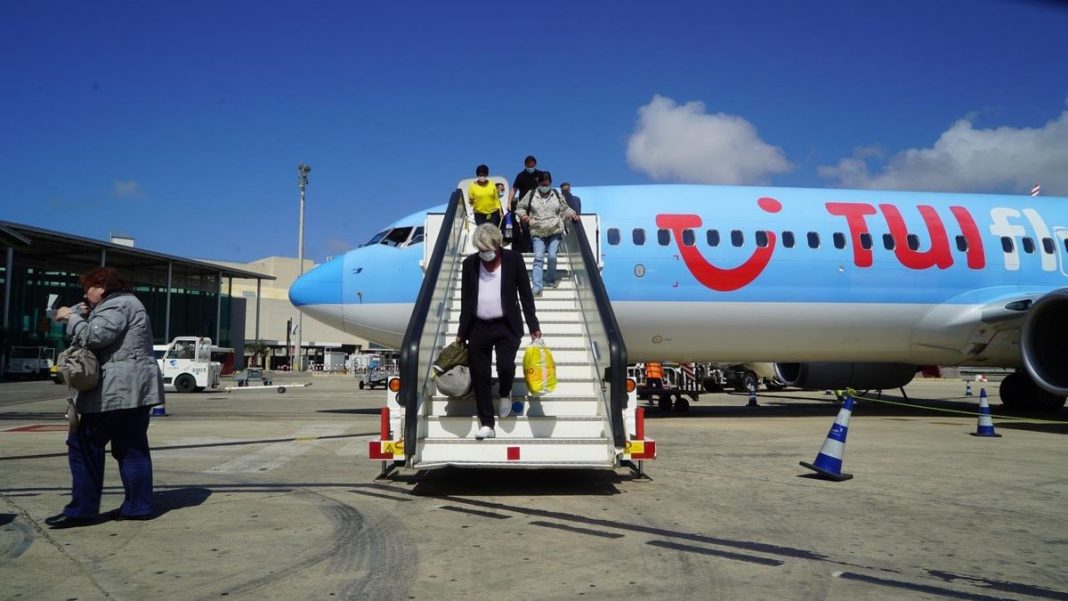The German government is preparing to reclassify Spain, as well as the Netherlands, as high risk areas for covid-19 infection, according to the Berlin daily “Morgenpost”.
If confirmed, this would mean that travellers who have not been fully vaccinated or who have recovered from the disease will be quarantined on entering Germany for a period of 10 days, which can be reduced to five days if a negative PCR test is presented on the fifth day.
Germany already placed Spain as a simple risk zone in June, a category that did not imply practical consequences for travellers.
The revision of the risk zone classification is officially announced on Fridays as a matter of course. It is governed by the criteria of the Robert Koch Institute of Virology (RKI), which is then taken over and implemented by the Ministry of Foreign Affairs.
Chancellor Angela Merkel herself warned on Thursday of the “worrying dynamics”of the recent steady increase in new covid-19 infections and urged people to get vaccinated.
“Every vaccination is a step back to normality”, said the chancellor, who insisted that the aim of the authorities is to avoid an overload of the German health system as a result of a further increase in infections.
Merkel recalled that the increase in cases recorded in Germany in recent days is “exponential” and asked the population to continue to respect the precautionary measures, such as the use of masks and keeping their distance, to prevent contagions from soaring.
Merkel’s warning comes after the RKI confirmed on Thursday that the number of new cases of covid-19 had continued to rise to 12.2 cases per 100,000 people per week.
A few weeks ago, the level had been brought down to five cases in seven days, but since then it has started to rise again, slightly but steadily.
The highest level is now recorded in the city-state of Berlin, with 22.5 cases. From a cumulative incidence of 35 cases onwards, special restrictive measures are being taken at the regional level.

